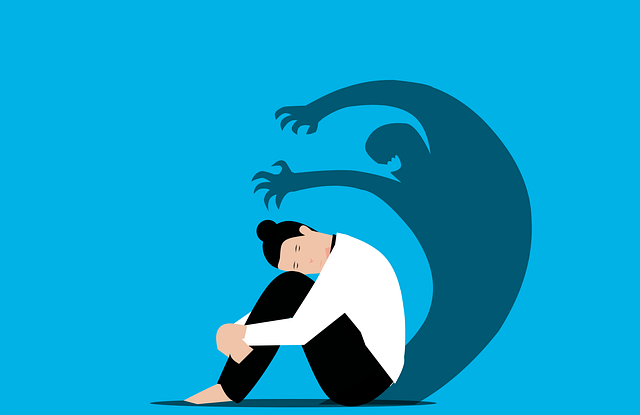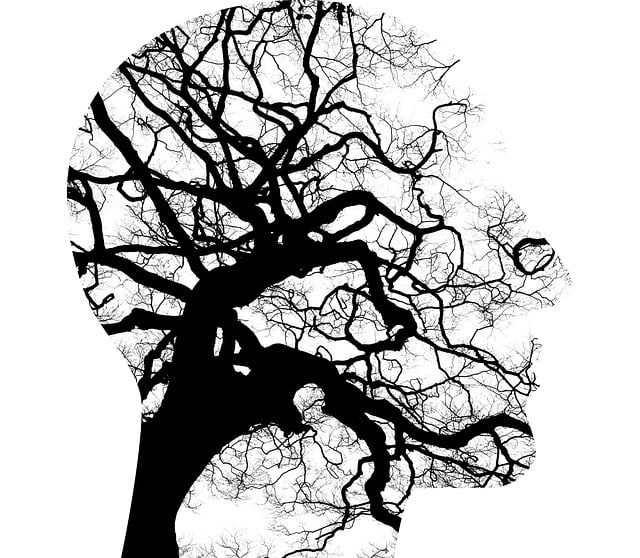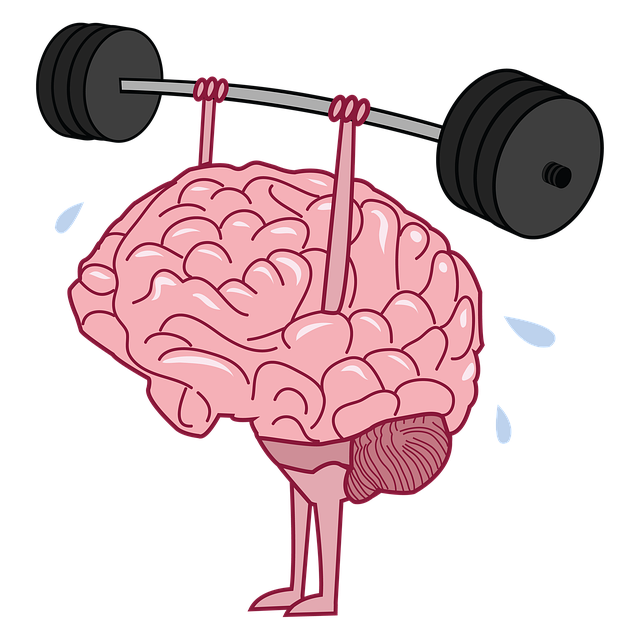Cancer survivors can greatly benefit from therapy as a tool for emotional resilience, managing complex cancer-related emotions through emotional intelligence. Public mental health awareness encourages prioritizing emotional well-being alongside physical recovery. Personalized self-care routines, incorporating activities like art, writing, yoga and mindfulness meditation, are powerful for healing and growth. Healthcare providers are encouraged to prioritize self-care for improved patient care. Support systems including therapy and community groups help develop robust mental wellness routines, fostering open discussions around trauma support services and providing accessible evidence-based strategies through awareness campaigns and podcasts.
“Mental wellness is a crucial aspect of overall health, especially for cancer survivors navigating their post-treatment journey. This article explores the development of a self-care routine tailored to individual mental health needs, offering valuable insights from a cancer survivor’s perspective. We’ll guide you through understanding your unique challenges, crafting personalized strategies, and integrating support systems, including therapy for adults with cancer issues. By embracing proactive self-care, survivors can enhance their wellness and foster healing.”
- Understanding Your Mental Health Needs: A Cancer Survivor's Perspective
- Crafting a Personalized Self-Care Routine: Strategies for Healing and Growth
- Integrating Support Systems and Professional Help: Enhancing Your Wellness Journey
Understanding Your Mental Health Needs: A Cancer Survivor's Perspective

For cancer survivors, understanding one’s mental health needs is a crucial step in rebuilding and maintaining emotional resilience. The journey through cancer treatment often leaves individuals with complex emotions, from fear and anxiety to feelings of loss and loneliness. Recognizing these internal experiences as normal parts of the healing process is essential. Many cancer survivors find solace in therapy, which offers a safe space to explore these emotions and develop coping mechanisms tailored to their unique needs.
Emotional intelligence plays a pivotal role in this context, helping individuals understand and manage their emotions effectively. Mental health awareness, fostered through public awareness campaigns, can encourage cancer survivors to prioritize their emotional well-being alongside physical recovery. By integrating therapy into their self-care routines, adults battling cancer issues can navigate the challenges they face with greater equanimity and resilience.
Crafting a Personalized Self-Care Routine: Strategies for Healing and Growth

Crafting a personalized self-care routine is a powerful tool for healing and growth, especially for adults navigating cancer issues and their unique challenges. It involves an intentional practice of setting aside dedicated time to nurture mental wellness. This process begins with self-reflection, allowing individuals to identify their specific needs and preferences. For instance, some may find solace in creative outlets like art or writing, while others might prefer physical activities such as yoga or walking in nature.
Integrating stress reduction methods, like mindfulness meditation, can significantly enhance one’s routine. Healthcare providers often face burnout prevention strategies that emphasize the importance of self-care; this is not only beneficial for their well-being but also improves patient care. By designing a personalized routine, adults dealing with cancer can effectively manage symptoms, improve resilience, and cultivate a deeper sense of inner peace amidst adversity.
Integrating Support Systems and Professional Help: Enhancing Your Wellness Journey

Integrating support systems and professional help is a pivotal aspect of developing a robust mental wellness self-care routine, especially for individuals navigating complex conditions like adult cancer issues. Therapy serves as a powerful tool, offering specialized care tailored to address specific challenges. Whether through individual therapy sessions or group support groups, seeking professional guidance provides valuable insights and coping mechanisms. These platforms foster open discussions, allowing individuals to share experiences and gain different perspectives on managing stress and anxiety.
Public awareness campaigns development and mental wellness podcast series production have played significant roles in normalizing conversations around trauma support services. By leveraging these resources, adults grappling with cancer-related challenges can connect with like-minded peers and access evidence-based strategies for enhancing mental resilience. This holistic approach to wellness encourages individuals to actively participate in their healing journey while acknowledging the value of community support and professional expertise.
Developing a mental wellness self-care routine is a transformative journey, especially for cancer survivors navigating their mental health needs. By understanding personal requirements through unique experiences like cancer survival, individuals can craft tailored routines that promote healing and growth. Integrating support systems and professional help, such as therapy for adults with cancer issues, enhances this process, fostering resilience and overall wellness. This holistic approach empowers folks to embrace life’s challenges with renewed strength and perspective.














